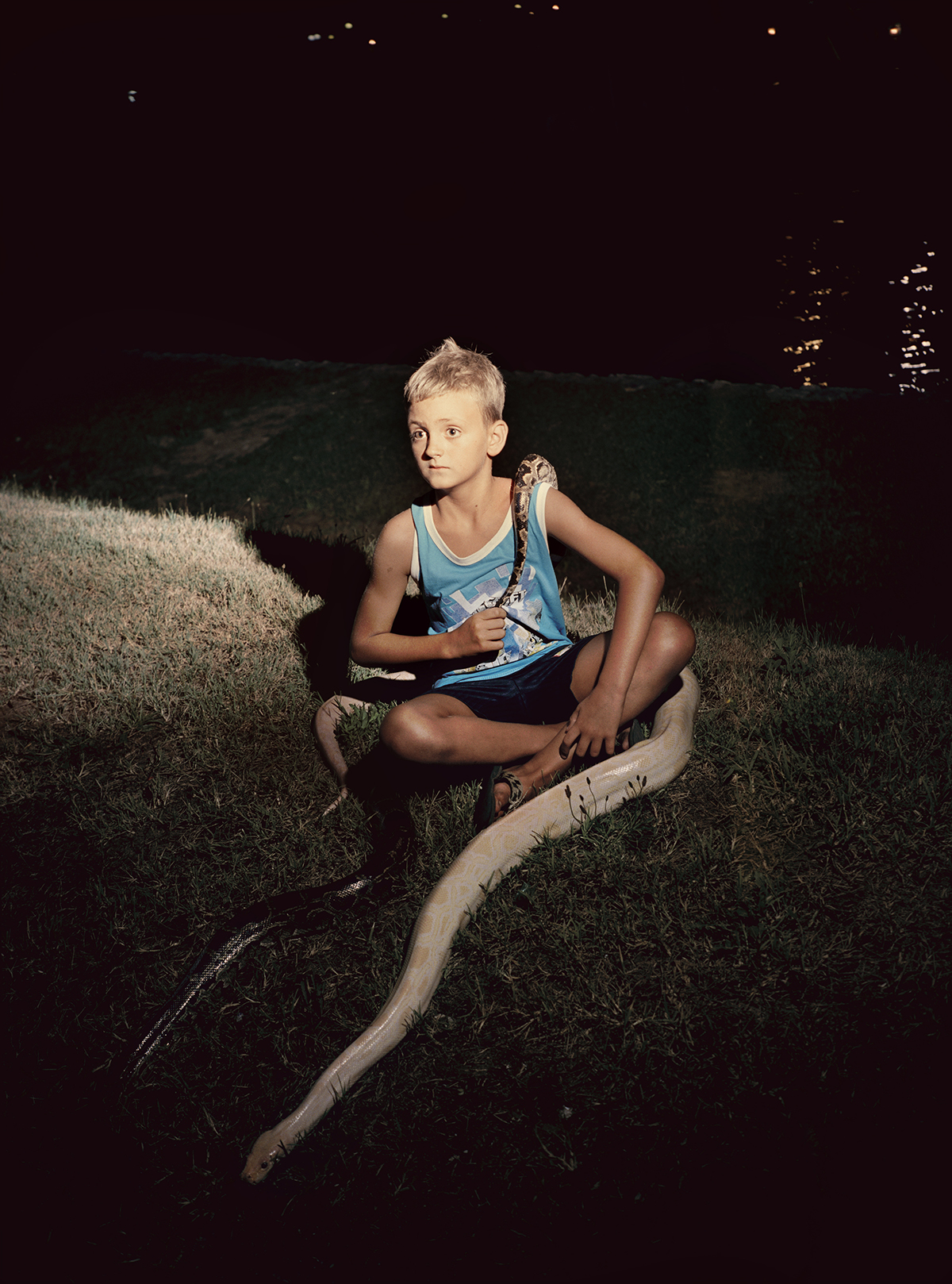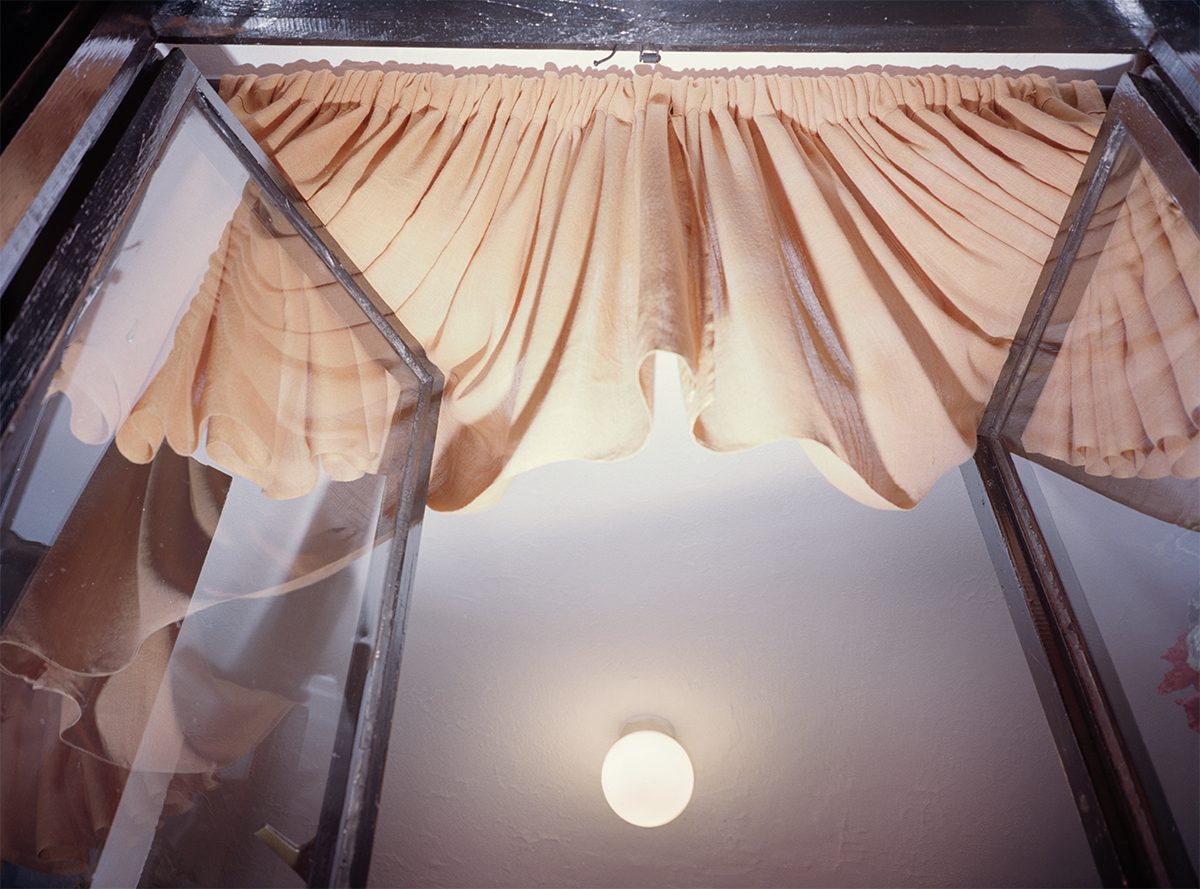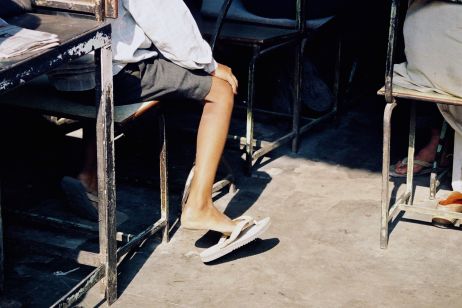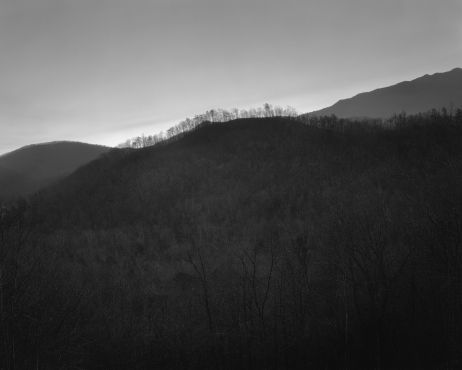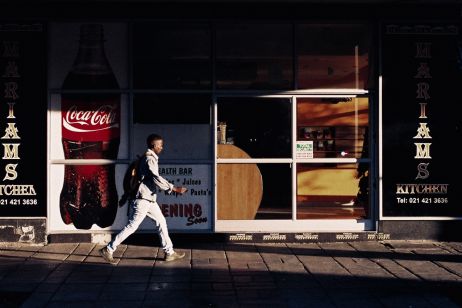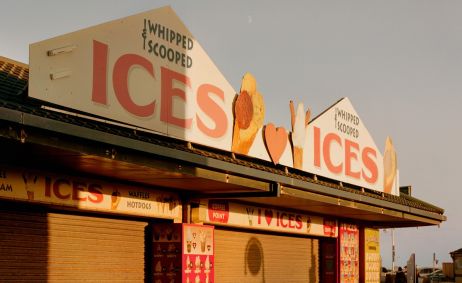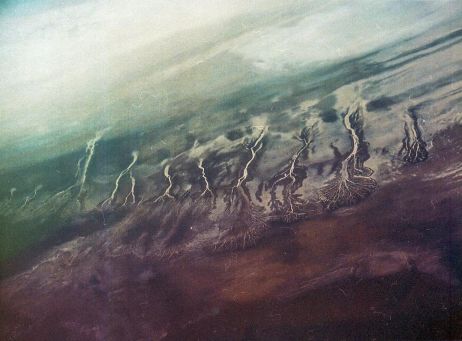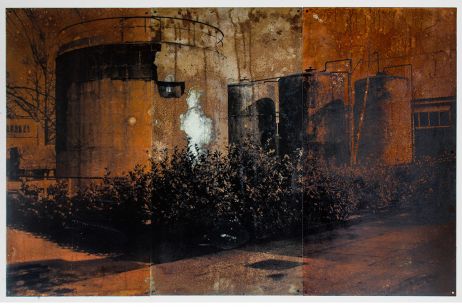Irina Rozovsky was born in Moscow in 1981 but has lived in the United States for many years since. When she had the opportunity to sit on the jury for a photo festival in Croatia, she didn’t hesitate for a second. Even though she’d never set foot in Eastern Europe, she immediately felt a familiar atmosphere.
Her series “Mountain Black Heart” is unique in the way it portrays inhabitants of the former Yugoslavia in such an intimate manner, even though the photographer only met them during her stay. Intrigued by their spirit and humour, she’s set out to meet these people over the past two years. “I’m struck by the way these nations and their cultures continue to exist after such a huge crisis”,Irina Rozovsky tells us.
The photographer began to discover the region bit by bit, along with her camera: “my images show me both the harshness of the country and a reinforced sense of humanity following the crisis”. In Israel, in the United States, or here in the former Yugoslavia, Irina always establishes a closeness with the subjects she meets. “I was astonished to discover with this series that people are a lot more suspicious and shy in the United States. Here, the subjects were happy to be photographed, or they gave it little importance”.
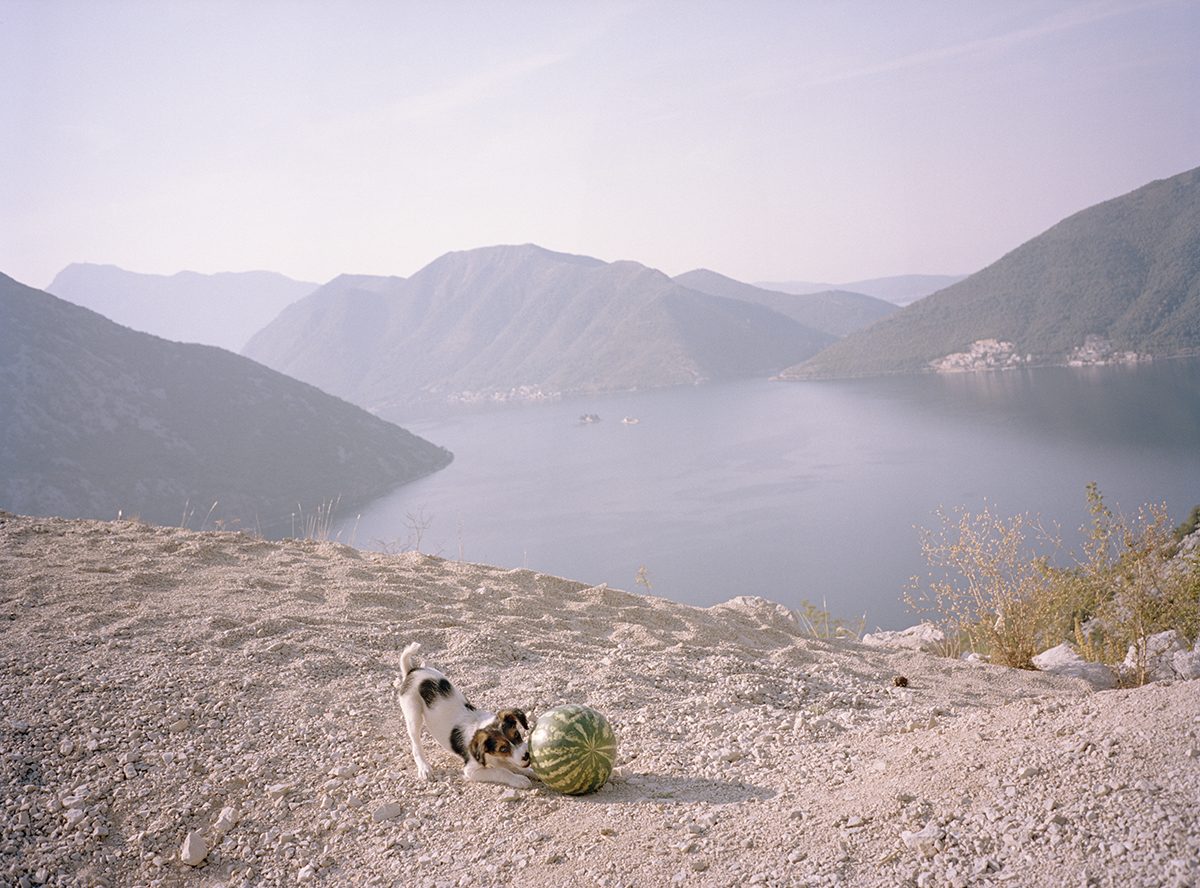
“Something gentle and full of love”
If she had to hold on to just one photo from the series, which is still ongoing, Irina would choose the photo of a woman patting a very large dog. “One day, I saw a very large animal attached to a tree by a chain, behind a small restaurant. I was scared to get up close. Its ears and tail had been cut and it was jumping around wildly, threatening to kill me in a few seconds. Then a waiter came out and started talking to the dog and patting it. All of a sudden, this scene of terror changed in a few moments to become something gentle and full of love. It reminded me that irritation was a reaction rather than an inevitability”.
In her photos, it feels like the artist has immersed herself fully in each place and that she’s played with light and colour to communicate with the viewer. Far from an impressionist or idealised vision of the landscape, Irina has delivered a piece of work that sits between documentary photography and a poetic logbook.
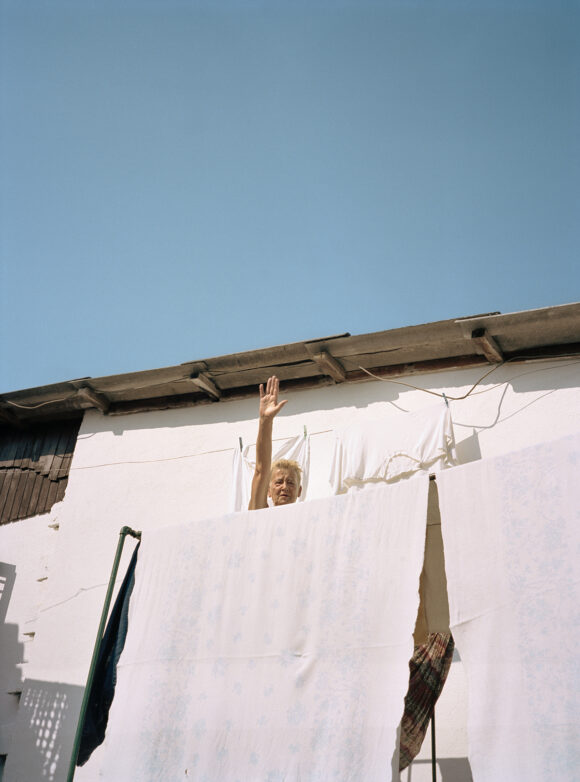
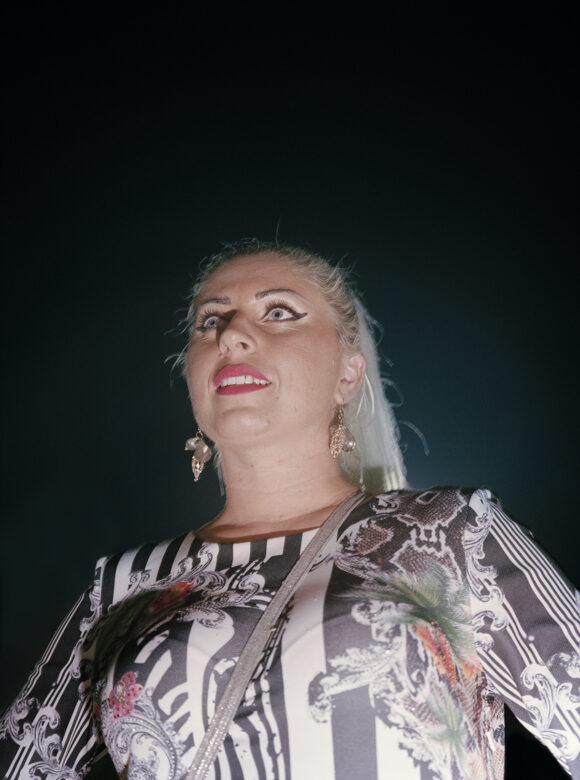
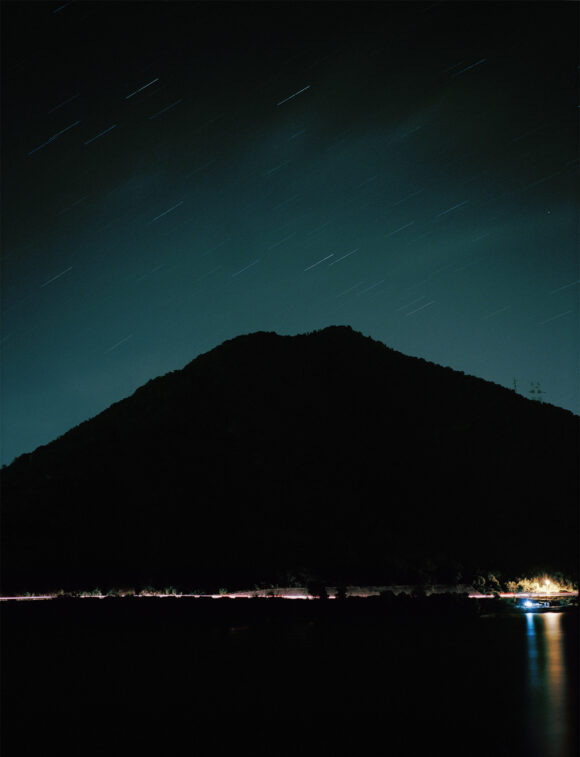
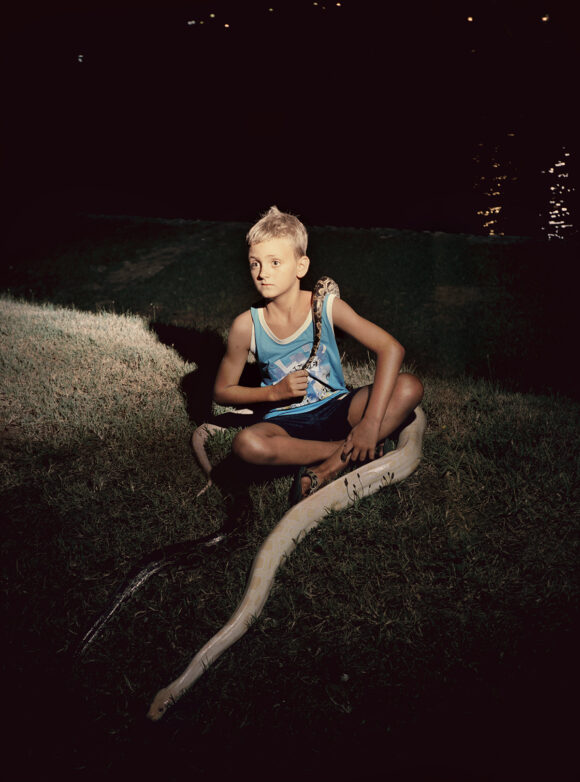
Images by © Irina Rozowsky
